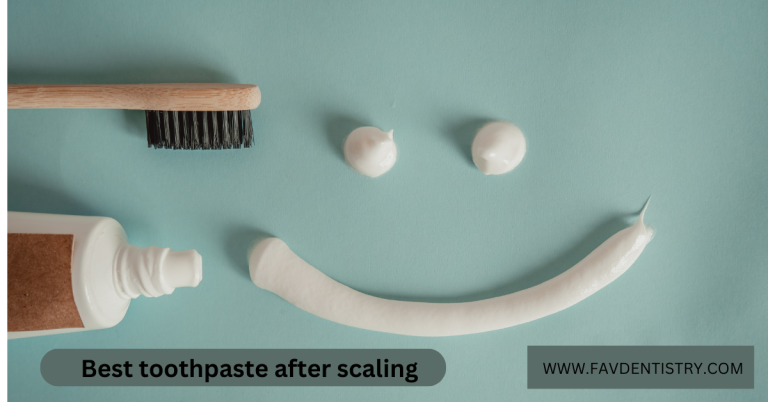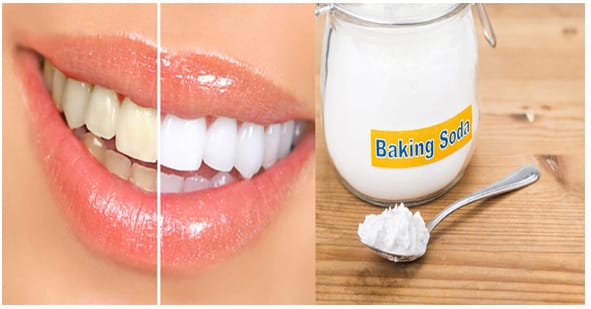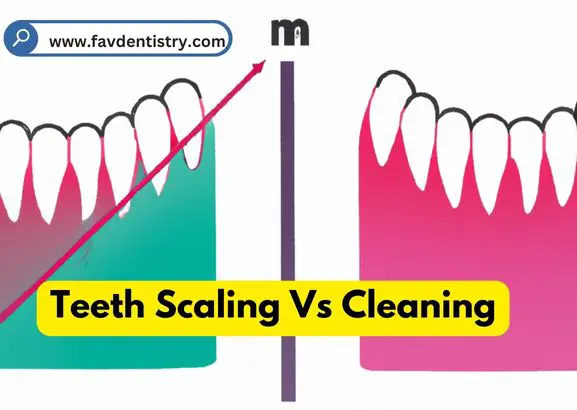Soothing Salt Water Rinse: After Deep Cleaning, Find Relief and Refreshment
Last Updated on 6 months by DR. ALBIN SIPES
A salt water rinse after deep cleaning helps to reduce inflammation and promote healing. It can also soothe any discomfort or pain while preventing infection.
Salt water works by creating an environment that is inhospitable for bacteria, helping to clean the area and prevent further complications. Using warm water and a teaspoon of salt, mix until dissolved and gently swish the solution around your mouth for 30 seconds before spitting it out.
Repeat this process multiple times a day for several days following your deep cleaning procedure for optimal results. Remember, consult your dentist for specific advice tailored to your individual needs.
Benefits Of A Soothing Salt Water Rinse
Salt water rinse after deep cleaning has several benefits. Firstly, it provides fast relief and a soothing sensation. This natural and holistic approach aids in healing wounds and reducing inflammation. Using salt water rinse is a great way to promote oral health without relying on artificial ingredients.
It can be especially beneficial for those who have sensitive gums or have recently undergone a deep dental cleaning. This simple remedy is easy to make and can be done at home. Just mix warm water with a teaspoon of salt, rinse your mouth for a few seconds, and spit it out.
Incorporating this practice into your oral hygiene routine can help maintain a healthy mouth and prevent future dental issues.
How A Salt Water Rinse Works
Salt water rinse is an effective way to enhance the deep cleaning process. It works by utilizing the role of salt in creating an efficient rinse. The science behind it lies in the oxidative properties and antiseptic effects of salt.
By using a salt water rinse, you can ensure a thorough cleaning that helps to eliminate bacteria and promote healing. Additionally, the antiseptic effects of salt aid in reducing inflammation and soothing any discomfort. So, the next time you undergo deep cleaning, consider incorporating salt water rinse to optimize the effectiveness of the procedure.
Your oral health will thank you for it.
Aftercare Tips For Maximum Relief
Maintaining oral hygiene after a salt water rinse is crucial for maximum relief. By finding the right balance of frequency and duration, you can achieve optimal results. Avoid certain foods and drinks that can hinder the healing process. Stay away from spicy, acidic, or hot beverages.
Be mindful of your oral health by brushing and flossing regularly. Implement a gentle mouthwash routine to further promote cleanliness. Take care of your gums and teeth by visiting your dentist for regular check-ups. Embrace this aftercare routine to ensure a speedy recovery and maintain good oral hygiene.
Safety Precautions And Considerations
Salt water rinse after deep cleaning is a common practice in oral hygiene. However, it is important to consider safety precautions before using this remedy. It is advisable to consult a dentist if you have any concerns. If you experience potential side effects or allergic reactions, it is crucial to seek medical attention promptly.
To ensure a clean and safe preparation process, follow the proper guidelines provided by your dentist. By adhering to these precautions, you can effectively maintain oral health and prevent any complications. Remember, the safety and well-being of your oral cavity should always be a top priority.
Frequently Asked Questions About Salt Water Rinse After Deep Cleaning
What Is A Salt Water Rinse And How Does It Work?
A salt water rinse is a simple oral hygiene practice that involves swishing a mixture of salt and warm water in your mouth. It works by creating an environment that is inhospitable for bacteria, reducing inflammation, and promoting healing of the gums.
How Often Should I Do A Salt Water Rinse After Deep Cleaning?
After deep cleaning, it is recommended to do a salt water rinse at least 2-3 times a day for the first week. After that, you can reduce the frequency to once a day or as advised by your dentist.
Can A Salt Water Rinse Help With Bad Breath After Deep Cleaning?
Yes, a saltwater rinse can help with bad breath after deep cleaning. The rinse flushes out bacteria and food particles, reducing their presence in the mouth and improving breath freshness. However, if bad breath persists, it is advisable to consult your dentist for further evaluation.
Will A Salt Water Rinse Cause Any Side Effects?
A salt water rinse is generally safe and has minimal side effects. However, some people may experience a temporary increase in gum sensitivity or irritation. If you notice any adverse effects, discontinue the rinse and consult your dentist.
Can I Use Table Salt For The Rinse?
Using table salt for the rinse is not recommended. Table salt may contain additives like iodine or anti-caking agents, which can be irritating to the oral tissues. It is best to use non-iodized sea salt or dental salt specifically made for oral rinses.
Conclusion
A salt water rinse after deep cleaning can be a game-changer for your oral health. Not only does it provide immediate relief from gum inflammation and discomfort, but it also helps to prevent and reduce the risk of infections. The natural antibacterial properties of salt water can effectively kill harmful bacteria in your mouth and promote a healthier oral environment.
Its ability to alleviate bad breath and accelerate the healing process makes it an essential addition to your dental hygiene routine. Remember to follow the proper instructions for preparing the rinse and to use it regularly for optimal results. By incorporating this simple yet powerful remedy into your oral care regimen, you can enhance your overall dental wellness and enjoy a brighter, healthier smile.
So why not give it a try and experience the benefits for yourself?



